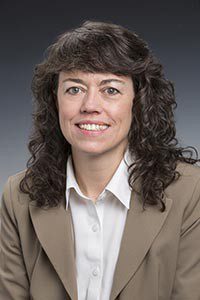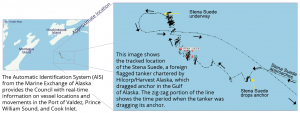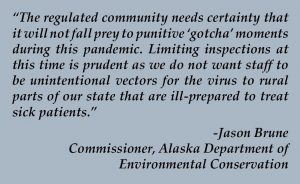By President Robert Archibald (City of Homer) and Executive Director Donna Schantz
It will surprise no one to learn the past year has been exceptionally challenging for the Council. The COVID-19 pandemic has brought unprecedented changes and constant uncertainty. Safety precautions required us to look for new ways to monitor drills and adapt projects. While the Council has moved projects forward in our many areas of responsibility and recognizes new realities the pandemic presents, we remain concerned with what we view as a steady deterioration of federal and state oil spill prevention, response, oversight, and enforcement capabilities that continues in Prince William Sound.


